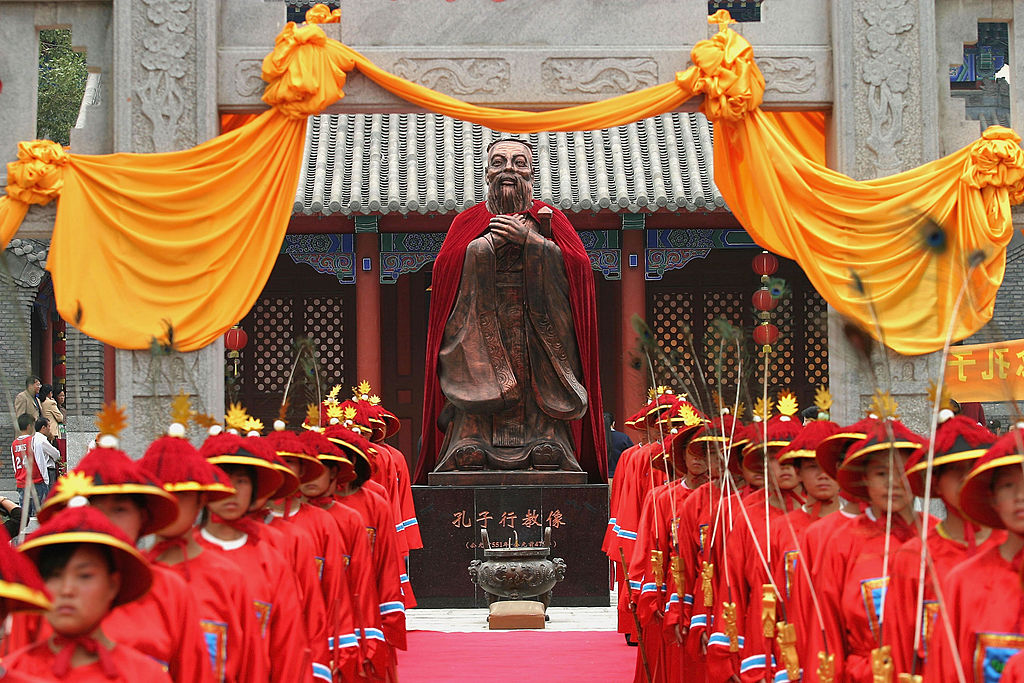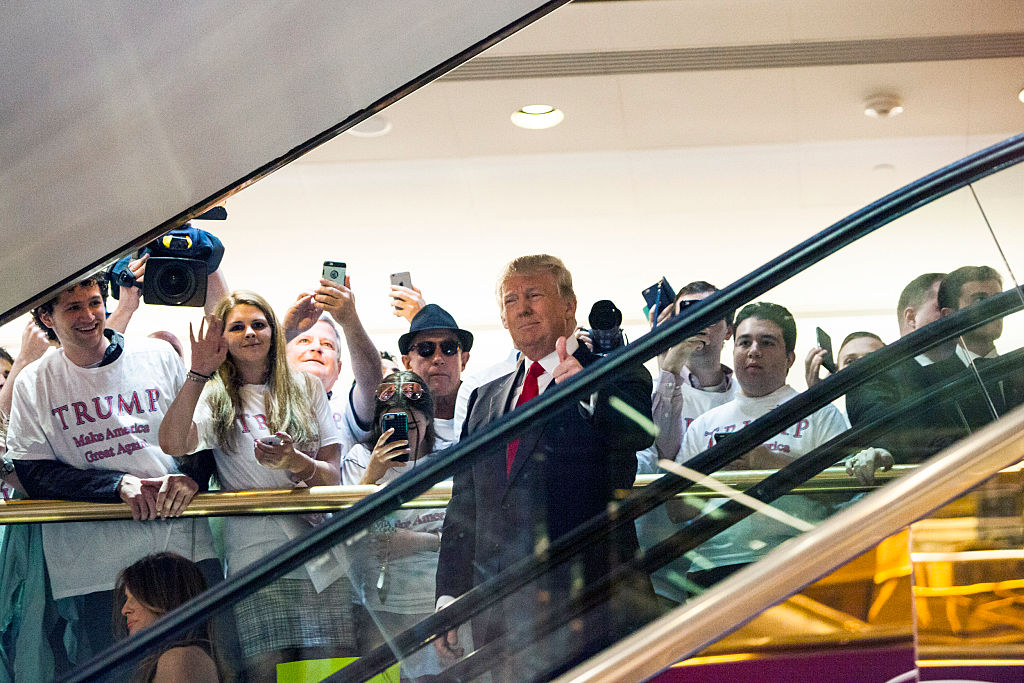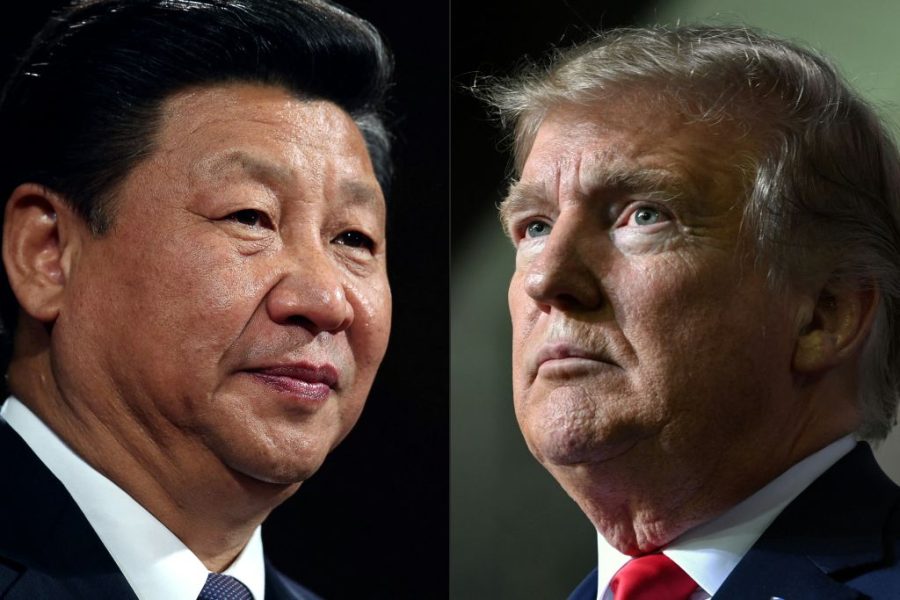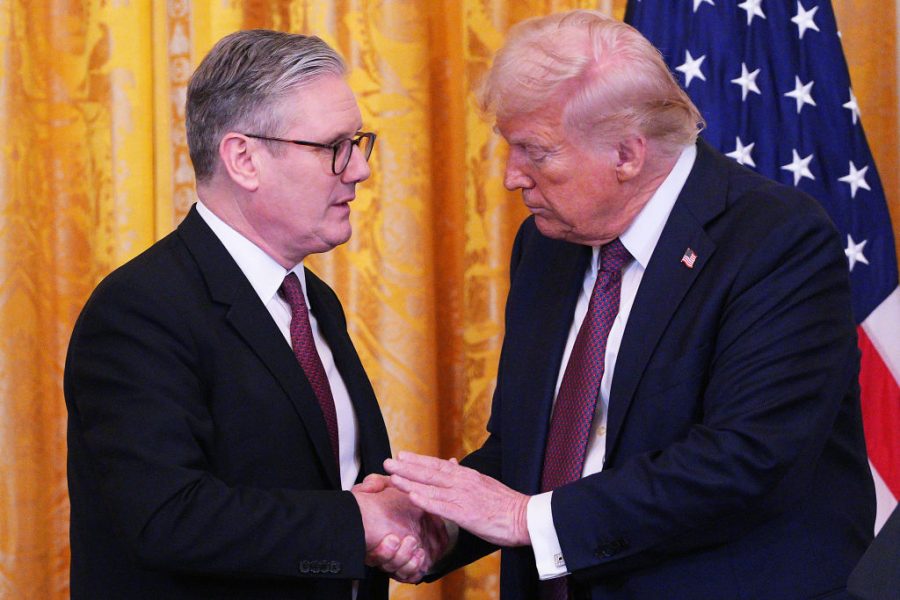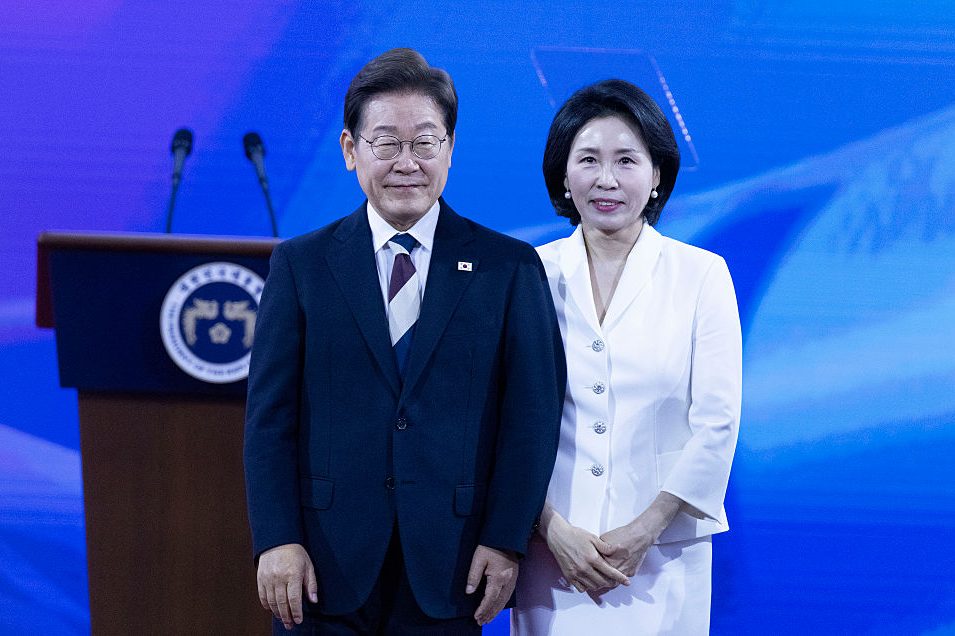China in late September celebrated the 2,572nd birthday of Confucius, a mark of pride for the Chinese Communist Party. A week later, it celebrated its 72nd “National Day,” commemorating the founding of the People’s Republic of China.
Chinese President Xi Jinping regularly gushes over Confucius in speeches and even in his 2015 book. Since 2004, the Chinese government has sponsored more than 500 “Confucius Institutes” — public educational and cultural promotion programs — to the price tag of billions of dollars.
But how Confucian is China? And is Confucian statecraft a good thing?
That China so conspicuously flaunts its “Confucian creds” — including during the opening ceremony of the 2008 Olympics — would be quite surprising to earlier generations of Chinese citizens. During the rule of Mao Zedong (1949-1976), the official line, according to China scholars Jeffrey N. Wasserstrom and Maura Elizabeth Cunningham, was that Confucianism did more harm than good. In the 1970s, the Chinese Communist Party (CCP) launched a mass campaign to rid the country of any lingering Confucian influence, attacking the philosopher as evil, unjust, and immoral.
The communists even sought to minimize the importance of the family (a core institution in the Confucian worldview because it serves as a template for political relationships) through its establishment of collectives and communes.
However, hatred of Confucius slackened during the regimes of Chinese premiers Deng Xiaoping and Hu Jintao. By the early 2000s, the CCP was venerating Confucius as a national saint. Xi Jinping, who has emphasized continuity with the past, has also sought to reinvigorate Chinese veneration of Confucius, particularly his teachings on harmony and stability. In a 2021 Chinese context, that means unswerving fealty to the party, a bastardization of the Confucian ideal of filial piety. Wasserstrom and Cunningham note, “Given the anti-Confucius stance of the CCP under Mao, Beijing’s choice of nomenclature is shocking to those with a sense of history.”
Though communist China’s embrace of Confucius may have more to do with the cynical politics of self-preservation than actual appreciation for the ancient sage’s thought, Confucian statecraft, properly understood, has valuable lessons for America in 2021. Indeed, one might argue that an effective political (and rhetorical) strategy would be for the United States to be more Confucian than the PRC.
Confucius’ primary purpose, as recorded in the classic text The Analects, is “to assist the individual in the essential process of self-cultivation, so making him fit to take part in government,” explains British sinologist and Oxford professor Raymond Dawson. This process is done by conforming to “The Way,” through virtue and “humaneness,” which scholars interpret to mean perfect virtue, kindness, goodness, or benevolence. Many of the ancient Chinese philosopher’s teachings possess a remarkable timelessness, and are thus surprisingly relevant and applicable.
Filial piety lies at the heart of Confucian doctrine. Confucius taught that a strong family is the beginning of a functioning society, noting that if parents are honored, “people’s virtue will be restored to fullness.” There is overlap here with the Hebraic religion, whose Fourth Commandment — honor thy and thy mother — is the only one accompanied by a promise: “that your days may be long in the land which the Lord your God gives you.” The family, the most fundamental social unit, and what some Christian traditions call “the domestic church,” is where citizens learn love, service, and sacrifice.
Coupled with this is a respect for venerable traditions. “I transmit but do not create. Being fond of the truth, I am an admirer of antiquity,” said Confucius. That might sound like an unhealthy inflexibility towards change, but it is perhaps better understood as a belief that good can only be achieved if one has a strong, reverential appreciation for one’s precursors. As Confucius says, “I am one who through my admiration of antiquity is keen to discover things.”
Personal moral self-cultivation is also central to realizing the Confucian ideal. “Let there be no depravity in your thoughts,” he teaches. One example of that depravity is lust, which undermines virtue. “Cheng is lustful, so how can he be unyielding?” asks Confucius. Or, as St. Paul might say, “Put to death therefore what is earthly in you: sexual immorality, impurity, passion, evil desire, and covetousness, which is idolatry” (Colossians 3:5).
Virtuous statesmanship also recognizes the integral role of the transcendent. “If you offend against Heaven, there is no one to pray to.” Dawson observes: “He [Confucius] is very conscious of the role of Heaven who ‘created the virtue’ in him, and upon whom all riches and honors depend.”
That extends into developing trust with its citizenry, who believe that virtue will be rewarded. “A people will not stand if they lack trust.” This includes valuing and protecting people, at all stages of human life: “To bring comfort to the old, to be of good faith with friends, and to cherish the young.” This stems in part from a Confucian rendering of the “golden rule”: “If I do not want others to inflict something on me, I also want to avoid inflicting it on others.”
Could all of this be any further from the reality of the People’s Republic of China, an authoritarian state that silences opposing voices and brutally suppresses dissidents in Hong Kong and Xinjiang Province? Beijing has fashioned a system based not on trust and goodwill, but on suspicion and fear via a complex social credit system that spies on and manipulates its citizens. For decades it imposed a one-child policy that resulted in increased abortions, child abandonment, and other disastrous social and economic effects.
While Confucius urged his followers to practice virtue even among “the barbarians,” Beijing seeks to extend its authoritarian policies around the globe, including by selling its surveillance technology and supporting pariah states like North Korea. Its theft of intellectual property — including through its controversial “Thousand Talents Program” — costs the United States alone hundreds of billions of dollars per year.
China is far from its Confucian roots — indeed, until the last few decades, it had aggressively maligned Confucianism for the better part of a century. As Confucius himself might say of the Chinese Communist Party: “Oh, why are people of such small capacity worth taking into account?”
Yet just because the current Chinese regime has failed to live up to its self-professed standards doesn’t mean the United States cannot learn from the greatest of ancient Chinese sages. “When I walk with two others, I always receive instruction from them. I select their good qualities and copy them, and improve on their bad qualities.” We could apply that Confucian ideal to our own foreign policy.
It’s often not difficult to exchange Confucius’ instruction with many paragons of the Western conservative tradition. “Only be dutiful towards your parents and friendly towards your brothers, and you will be contributing to the existence of government.” Those words were not uttered by Augustine, Burke, Tocqueville, or Kirk, but a man in the Far East more than 2,000 years earlier. Out-Confucianing the Confucian might be one of the best “psy-ops” that American foreign policy could hope to achieve.



